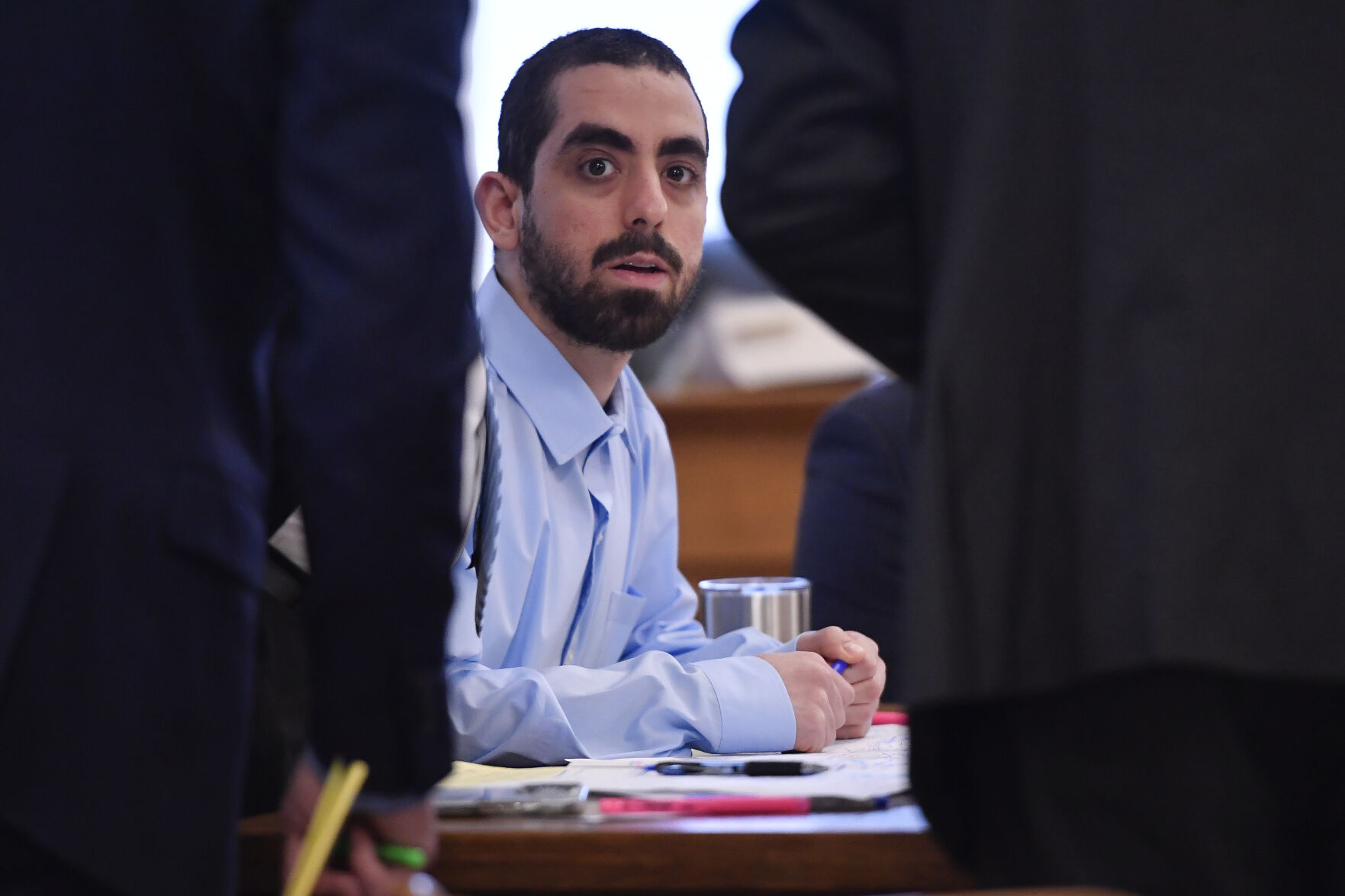As the trial of his alleged assailant begins, author Salman Rushdie prepares to face the man accused of nearly taking his life during a lecture in New York. The proceedings mark a pivotal moment following the 2022 attack that left Rushdie partially blind.
Opening statements begin in trial of man accused of trying to kill Salman Rushdie

Key Takeaways:
- Salman Rushdie’s alleged attacker, Hadi Matar, is on trial for attempted murder and assault.
- Rushdie is expected to testify, confronting Matar for the first time since the attack.
- The 2022 assault left Rushdie with serious injuries, including partial blindness and hand damage.
- The trial coincides with the 36th anniversary of the 1989 fatwa calling for Rushdie’s death.
- Matar faces both state and federal charges, including terrorism-related offenses.
Opening Statements Mark Start of High-Profile Trial
Lawyers commenced opening statements on Monday in Mayville, New York, at the trial of Hadi Matar, the man accused of attempting to fatally stab renowned author Salman Rushdie. The trial signifies a critical juncture in the aftermath of the shocking 2022 attack that reverberated worldwide.
Rushdie Expected to Testify
Salman Rushdie, 77, is anticipated to take the stand during the proceedings, bringing him face-to-face with his alleged assailant for the first time since the incident. The Booker Prize-winning author was moments away from delivering a lecture on protecting writers from harm when the attack occurred.
Details of the 2022 Assault
In August 2022, during an event at the Chautauqua Institution Amphitheater, Matar allegedly rushed the stage and stabbed Rushdie more than a dozen times. The injuries affected Rushdie’s neck, stomach, chest, hand, and right eye, leaving him partially blind and with permanent damage to one hand.
A History of Threats and Fatwa Anniversary
The trial begins as the 36th anniversary of the infamous fatwa against Rushdie approaches on February 14. In 1989, Iran’s Ayatollah Ruhollah Khomeini issued a decree calling for Rushdie’s death following the publication of his novel “The Satanic Verses,” deemed blasphemous by many Muslims. Rushdie spent years in hiding but had resumed public appearances in recent decades.
Legal Charges and Courtroom Developments
Hadi Matar, 27, of Fairview, New Jersey, has pleaded not guilty to charges of attempted murder and assault. The jury selection concluded last week, with Matar present throughout and actively engaged in his defense preparations. Notably, as he was led into court, Matar calmly stated, “Free Palestine,” while media captured the moment.
Defense Faces Setbacks
The defense encountered immediate challenges when Matar’s attorney, Nathaniel Barone, was hospitalized with an undisclosed illness. Judge David Foley denied a request to postpone the trial, instructing an associate to deliver the defense’s opening statement. This unexpected development added complexity to an already high-profile case.
Evidence and Expected Trial Duration
Jurors will be presented with video footage and photographs from the day of the attack, which was halted by onlookers who subdued Matar until authorities arrived. The trial is projected to last between one and two weeks, delving into the motivations and circumstances surrounding the assault.
Federal Charges and Terrorism Allegations
Beyond the state charges, Matar faces a separate federal indictment. Authorities allege that he was motivated by a terrorist organization’s endorsement of the fatwa against Rushdie. The federal charges include terrorism transcending national boundaries and providing material support to terrorists, pointing to possible connections with the Lebanon-based militant group Hezbollah.
Rushdie’s Legacy and Recent Work
Despite the attack, Rushdie’s literary contributions continue unabated. He released a memoir titled “Knife: Meditations After an Attempted Murder” last year, detailing his recovery journey. His body of work, including “Midnight’s Children,” “Shame,” and “Victory City,” has cemented his status as one of the world’s most influential authors.
The Broader Implications
The trial not only addresses the personal repercussions for Rushdie but also underscores ongoing concerns about freedom of expression and the safety of public figures. As the proceedings unfold, they serve as a stark reminder of the perils faced by artists and intellectuals globally.











